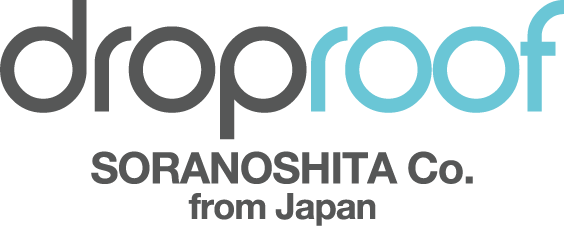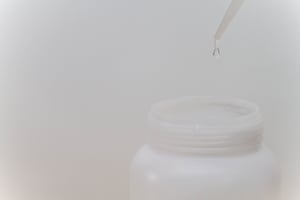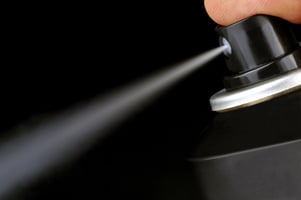What is PFC-free/PFAS-free in Rain jacket?
How to Treat Durable Water Repellency of Rain Jackets--DIY or Professional Processing?
Even a high-quality rain jacket, such as any Gore-Tex, can lose its water repellency after repeated use. In this article, we will explain the difference between self-maintenance and professional maintenance, which can restore the effectiveness of the durable water repellent (DWR) treatment applied to a rain jacket.
What is DWR?
DWR is a chemical treatment that makes outdoor clothing and gear water-repellent. This treatment makes the fabric water-repellent and keeps the wearer dry and comfortable.
DWR is applied to many outdoor gear and is especially effective in adverse weather and wet environments such as hiking, camping, skiing, and mountaineering.
However, DWR is not permanent. As the rain jacket is used repeatedly, the coating on the surface of the fabric will gradually deteriorate due to abrasion. It is also degraded by dirt, detergents, insect repellents, and other contaminants on the fabric.
DIY Methods to Reactivate DWR
Deteriorated DWR can be reactivated by DIY methods. The following three patterns are commonly used. Use of spray, use of special detergent for DWR reactivation, and application of heat.
DIY Methods
Use of DWR spray:
Spray a mixture of solvent and DWR reactivation solution and allow to dry naturally.
Use of a special DWR reactivation detergent:
This method uses a washing machine to replenish the DWR process.
Heat method:
Use an iron to heat up the fabric and reactivate the DWR treatment. However, be careful not to apply too much heat as it may damage the fabric.
Pros and Cons of DIY
Pros:
Low Cost:
Inexpensive with household equipment and materials.
Convenience:
Easy to handle at home.
Cons:
Limited effectiveness:
Not as water repellent as factory-processed DWR.
Low durability:
Requires frequent reapplication.
May not be suitable for certain fabrics:
May not be suitable for certain fabrics.
Professional DWR reactivation
Reactivation can restore water repellency to a near-new condition through a process similar to the DWR process performed at the production facility.
Advantages of Professional Reactivation
Superior performance and longevity:
Long-lasting water repellency and high performance even in harsh conditions.
High breathability and light weight:
Comfortable to wear and high performance.
Professional Reactivation Process
Reproducibility:
Through a variety of tests, the DWR process is reproduced as closely as possible to the DWR process at the production facility.
Quality Inspection:
Quality inspections are performed as if the product were shipped by the manufacturer.
Comparison of DIY and professional DWR reactivation
Comparison of Effectiveness
Professional:
The water repellent layer is stronger and lasts longer.
DIY:
Effects are not long-lasting and vary widely.
Cost comparison
Pro:
Long-lasting, does not require frequent reapplication. Therefore, initial cost is high, but long-term cost is low.
DIY:
Materials and products are inexpensive. However, frequent maintenance is required.
Comparison of environmental impact
Pro:
Lasts longer and has less overall impact on the environment.
DIY:
Generally lower environmental impact.
Let's decide which method of DWR reactivation is best for your situation!
DIY and professional DWR reactivation methods each have different benefits. Professional DWR reactivation process offers high durability and performance, and is ideal for those seeking long-term water repellency. The DIY method, on the other hand, is affordable and convenient.
Whichever method you choose, maintaining the water repellency of your outdoor clothing and gear is essential to maximizing its longevity and performance. Understand that outdoor clothing requires a reasonable amount of effort and expense, and choose the appropriate maintenance method.

.jpg?height=200&name=vol03(1).jpg)

